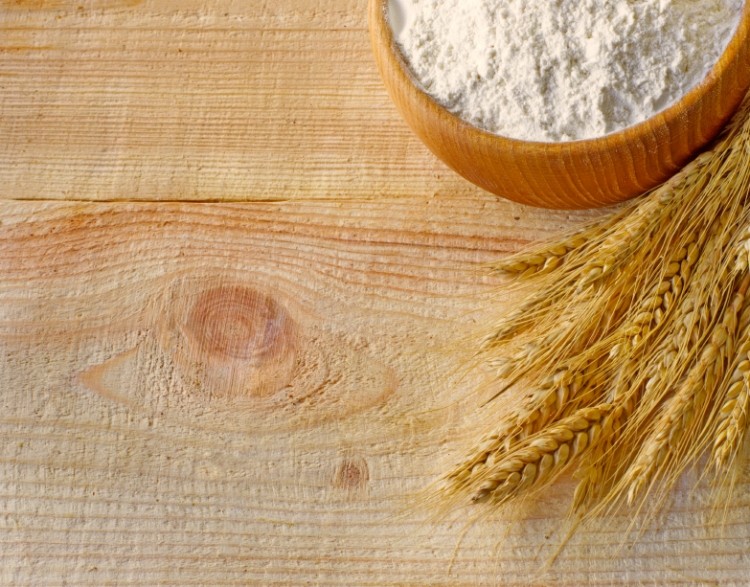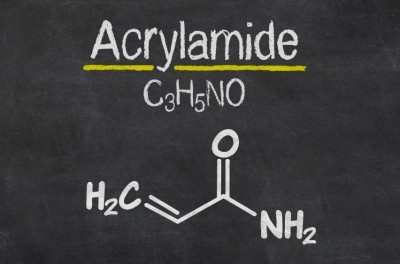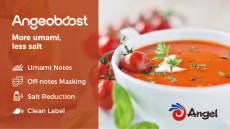Orkla extends acrylamide-reducing yeast deal towards Eastern Europe

The deal, which builds on an agreement completed last year, concerns the creation and sale of Renaissance’s Acrylow, a yeast-derived ingredient that claims to reduce acrylamide levels of between 50 and 95 % subject to dosage, process and application.
The ingredient has been on sale in the Nordic and Baltic regional markets in Europe since Q3, 2017 with plans now in place to extend availability to Poland, the Czech Republic and Slovakia.
“Since we finalised our agreement with Renaissance last year we have conducted several commercial trials, all of which have shown excellent results and successfully launched the product for sale in the Nordic markets,” said Thore Svensson, senior vice president of Orkla Food Ingredients.
“As the European regulatory structure governing the acrylamide content of many food products and coffee comes into force within a few months, Orkla is pleased to expand its agreement with Renaissance to include Poland, the Czech Republic and Slovakia, in order to make Acrylow available to food manufacturers in those countries.”
Acrylamide shake-up
New EU legislation pencilled in for 2018 will require food makers to manage acrylamide levels during the manufacture process.
Particular attention will be paid to those foods in which acrylamide formation has been found to reach health concerning levels. These include French fries, potato crisps and baked snacks
Also listed is baby food and processed cereal-based food designed for infants and young children.
With Acrylow, its makers believe they have a scientifically backed ingredient that along with its acrylamide reducing capabilities could also improve upon traditional baker’s yeast formulations.
Acrylow’s role is not as a raising agent, said Orkla, and so must be used along with conventional yeast. More importantly, manufacturers can list it as yeast on their ingredient packs. Cost-wise, it is around six to nine times more than standard dry yeast.
“It’s gratifying to see that Orkla and its food manufacturer customers have found our acrylamide-reducing yeast to be effective and easy to use in trials with no sensory impact on the finished product,” said Dr Cormac O’Cleirigh, chief business development officer for Renaissance BioScience.
“Renaissance is pleased to be partnering with the company to bring Acrylow not only to the already licensed Nordic and Baltic markets but also to these new central European markets.”
Acrylow recently achieved the same status as conventional baker’s and brewer’s yeasts having been awarded Generally Recognized as Safe (GRAS) recognition by the U.S. Food and Drug Administration (FDA) in 2016.
Currently patent pending, the ingredient was developed using non-GMO techniques to break down the amino acid asparagine, a precursor of acrylamide, regardless of environmental conditions.
Current acrylamide benchmark levels set out by EU are followed on a voluntary basis, periodically reviewed by the European Food and Safety Authority (EFSA) who define the value as the "reference limit".
April’s proposed legislation (EU Regulation 2158/2017)—whilst not a legal limit—intends to go beyond the voluntary approach by enforcing consumer protection with measures that lower existing guide values.
Rothamsted reply
In an open seminar at Rothamsted Research Centre last week, Professor Nigel Halford warned of the impending burden EU regulation governing acrylamide levels would have on food manufacturing.
Expressing concern at the industry’s lack of preparation, the institute’s specialist in metabolic regulation in crop plants said, “I don’t think people realise what might be coming.”
“We are going to have compulsory codes of practice…and that potentially affects everybody in the food supply chain from food processors right back to farmers, so includes stuff on agronomy and includes stuff on the actual food production.”
Describing acrylamide as a “processing contaminant,” Professor Halford detailed in his seminar that the real problem was the degree of uncertainty of acrylamide formation in food.
“In potatoes, wheat and rye, we’ve identified varieties that have low potential for acrylamide formation – that’s something that the food industry can make use of already.
“We’re looking at varieties and genotypes that maybe are not commercially used at the moment but could be brought into breeding programmes if they have very low acrylamide-forming potential.
“Some food companies in the US are testing for sugar concentration in potatoes at the factory gate and turning some consignments away if they are too high… And absolutely there’s a chance we will see that here.”






















